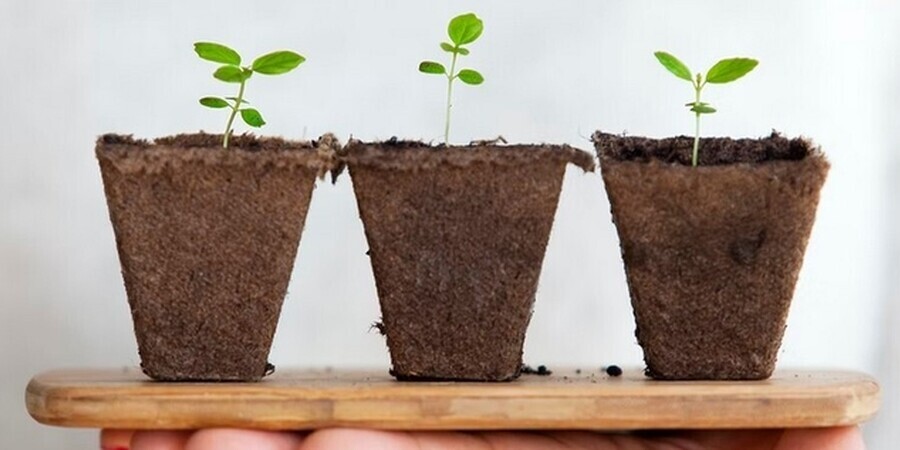Philadelphia, PA - If you're interested in growing plants in your city but don't have a lot of space to devote to a garden, consider starting with a raised bed. The smaller space in an urban garden makes it even more critical that the plants you choose work hard. Look for long-lasting blooms, fantastic foliage, and interesting shapes. A small urban garden can be small, but the right plants will make it feel larger.
Tips for Planting a Garden In A Small Apartment or Condo
Growing Vegetables In Containers
The best types for container gardening are those with smaller, stout root systems adapted to their container's confines. While most plants can do well in the same conditions as in outdoor gardens, some varieties do better in containers. You can either buy transplants from a local nursery or start your own seeds at home. Some seed catalogs will list specific varieties bred for container gardens, including determinate tomatoes, which grow to a predetermined height.
Container vegetable gardens have many advantages. They are easy to care for, require little maintenance, and easily move from place to place. They can be watered easily with a watering can and have few weeds or pests. You can even grow ornamental vegetables and herbs in containers. In fact, you can even build a raised bed for as little as $15! Just make sure that you choose a location that receives six hours of direct sunlight each day.
Assessing Your Needs Before Starting An Urban Garden
Before you begin planting vegetables and other plants in your urban garden, you should assess your needs first. Most urban gardens require the same basic needs as a traditional garden: sunlight, good soil, air circulation, water, and nutrients. In addition to the basic requirements, you should consider exposure, size, and climate. Also, consider what kind of plants thrive in the different growing zones. For example, you may choose to plant more leafy greens and root vegetables. If you want to grow herbs for your home, you may want to consider starting a community garden.
If you don't have access to a garden in your city, you might want to consider a community garden in your neighborhood. If you're planning a large urban garden, you'll need to consider the health of the soil on the property. Soil is a complex mix of organic matter and weathered minerals that have been shaped and molded by millions of living organisms. The soil is the foundation of life. While some urban soils are relatively good, others have been contaminated by previous uses.
Choosing Plants That Look Good In A Small Garden
If you're gardening in an urban environment, you might be limited by space, and you need to choose plants that can thrive in various conditions. Coneflowers are popular because they look great in small spaces and attract multiple pollinators. When selecting plants for your small garden, make sure to choose the right height for your space. You can buy dwarf varieties such as Kim's Knee High, which grow well in full sun but will not crowd out nearby plants.
The right perennial plants for a small garden will have long flowering periods and be attractive throughout the season. Consider planting plants with scented blooms in the summer and tulips in the spring for a colorful display. Tall plants will make your small garden appear larger and lusher, so they're great for planting near a seating area. You can also try Euphorbia characias subsp. Wulfenite is an architectural plant with beautiful yellow flowers.
Choosing Plants That Grow Well In A Raised Bed
There are many benefits to growing a garden in an urban area, but some crops aren't suited for urban gardens. For example, pole beans and bush beans will need to be thinned out to ensure proper plant growth. These vegetables may need additional support, such as trellis, to avoid falling. In addition, cool-weather vegetables, such as celery, need afternoon shade to grow properly. These vegetables can be grown in containers, but they require careful selection.
If you're planting in an urban environment, soil testing is essential. If you suspect a certain area has high levels of contaminated soil, you should avoid planting in that area. You can plant ornamentals and other plants that require less soil disturbance. Raised beds can be filled with healthy soil and provide ample space for plants. In addition, raised beds should have drainage holes. These plants will benefit from the nutrients supplied by the soil.


